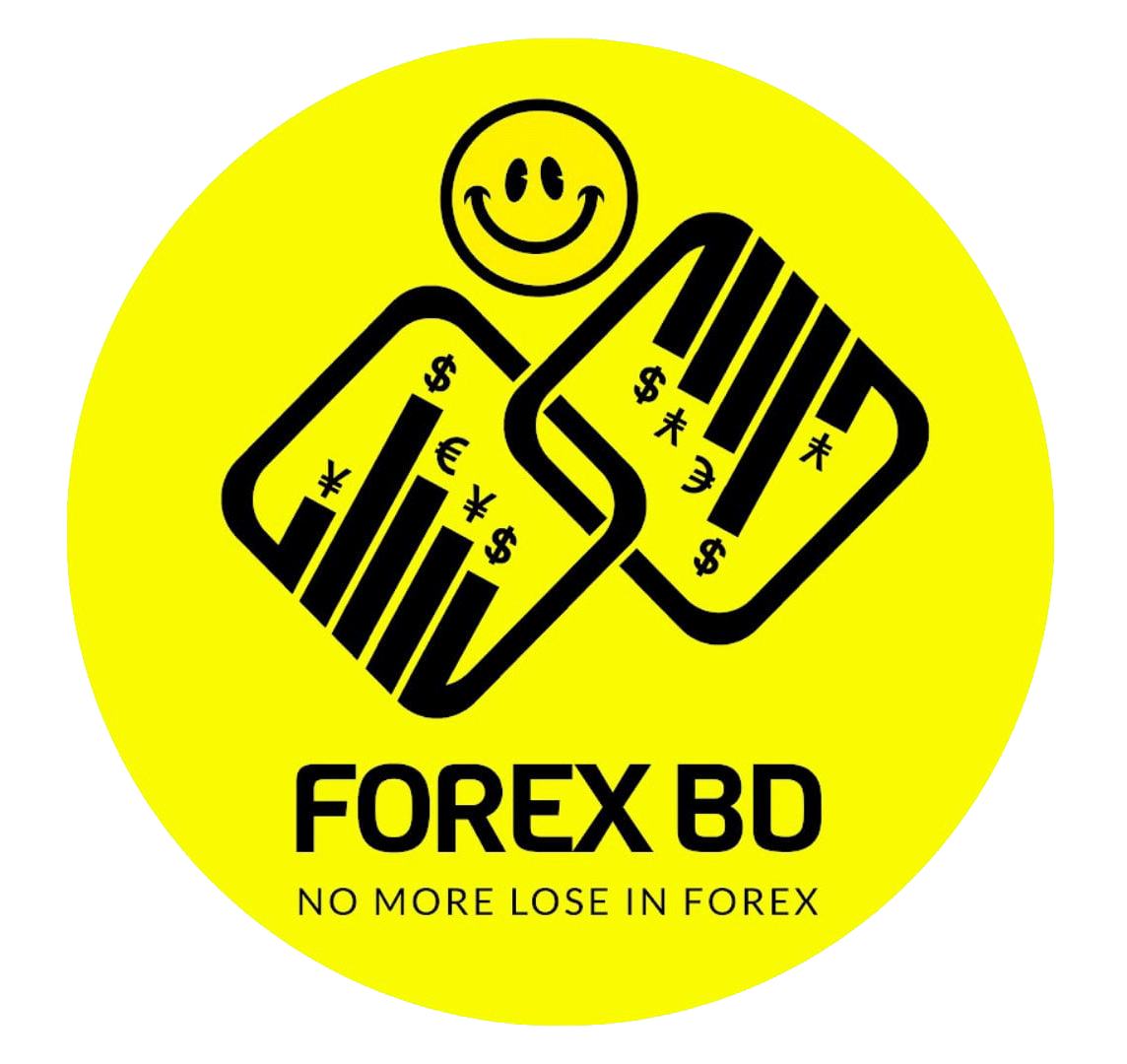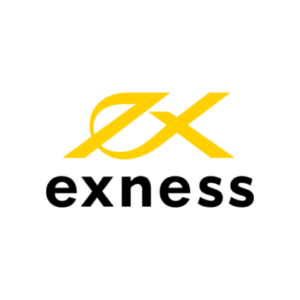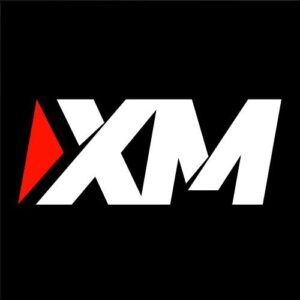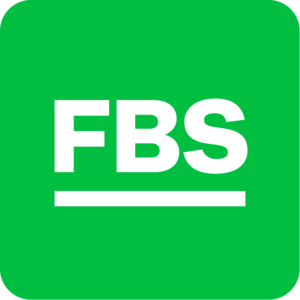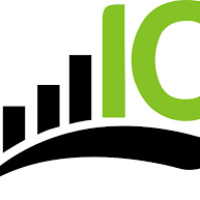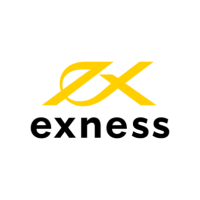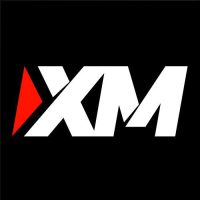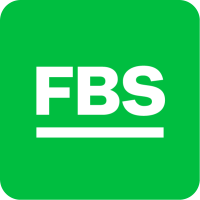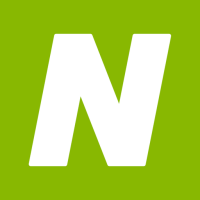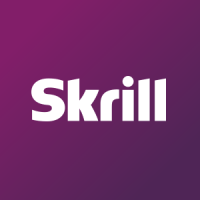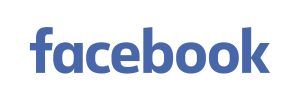If you’re interested in forex trading, one of the first decisions you need to make is what type of account you want to open. Forex brokers typically offer several different account types, each with their own features, benefits, and drawbacks. In this article, we’ll explore the most common types of forex trading accounts and help you choose the one that’s best suited for your trading goals and experience level.
Table of Contents
- Introduction
- Standard Accounts
- Advantages
- Disadvantages
- Mini Accounts
- Advantages
- Disadvantages
- Micro Accounts
- Advantages
- Disadvantages
- Islamic Accounts
- What are Islamic Accounts?
- Advantages
- Disadvantages
- Conclusion
1. Introduction
Before we dive into the different types of forex trading accounts, let’s quickly review what forex trading is. Forex, short for foreign exchange, is the act of buying and selling currencies with the goal of making a profit. Forex traders can make money by speculating on whether a currency’s value will increase or decrease in relation to another currency. For example, a trader might buy the Euro with US dollars, hoping that the Euro will increase in value relative to the dollar, allowing them to sell the Euro back for a profit.
To participate in forex trading, you need to open a trading account with a forex broker. The type of account you choose will depend on several factors, such as your trading goals, risk tolerance, and budget.
2. Standard Accounts
A standard forex trading account is the most common type of account offered by forex brokers. This type of account typically requires a minimum deposit of $1,000 or more, depending on the broker. Standard accounts offer several advantages and disadvantages:
Advantages
- Standard accounts offer access to all of the trading instruments and tools offered by the broker.
- They typically offer tighter spreads (the difference between the bid and ask price) than mini or micro accounts.
- Standard accounts offer higher leverage than mini or micro accounts, which can be advantageous for experienced traders.
Disadvantages
- Standard accounts require a higher minimum deposit than mini or micro accounts, making them less accessible for beginners.
- They carry a higher level of risk, as traders can lose more money due to the higher leverage.
- Standard accounts may require more monitoring and management, as positions can move against the trader quickly.
3. Mini Accounts
Mini forex trading accounts are designed for beginners who want to start trading with smaller amounts of money. They typically require a minimum deposit of $100 or less, depending on the broker. Mini accounts offer several advantages and disadvantages:
Advantages
- Mini accounts are more accessible for beginners who may not have a lot of capital to start with.
- They typically offer lower minimum trade sizes, allowing traders to make smaller trades and manage their risk more effectively.
- Mini accounts can help traders gain experience and develop their trading skills before moving up to a standard account.
Disadvantages
- Mini accounts may have wider spreads than standard accounts, which can increase trading costs.
- They offer lower leverage than standard accounts, which may limit the potential for profit.
- Mini accounts may not offer access to all of the trading instruments and tools offered by the broker.
4. Micro Accounts
Micro forex trading accounts are similar to mini accounts but require an even smaller minimum deposit, typically $10 or less. Micro accounts offer several advantages and disadvantages:
Advantages
- Micro accounts are the most accessible type of forex account, making them ideal for beginners who want to try forex trading with a minimal investment.
- They offer the lowest minimum trade sizes, allowing traders to test their strategies and manage their risk effectively.
- Micro accounts can help traders gain experience and confidence before moving up to a higher account type.
Disadvantages
- Micro accounts may have wider spreads and higher trading costs than standard or mini accounts.
- They offer the lowest leverage of all account types, which may limit the potential for profit.
- Micro accounts may not offer access to all of the trading instruments and tools offered by the broker.
5. Islamic Accounts
Islamic forex trading accounts are a type of account designed for traders who follow Shariah law, which prohibits earning or paying interest (riba) and engaging in speculative activities. Islamic accounts offer several advantages and disadvantages:
What are Islamic Accounts?
- Islamic accounts operate on the principle of profit sharing (mudarabah), where the trader and the broker share profits and losses in a pre-agreed ratio.
- Islamic accounts do not charge or pay interest on overnight positions, which may be beneficial for traders who want to avoid interest-based transactions.
- Islamic accounts may require additional documentation and verification to ensure compliance with Shariah law.
Advantages
- Islamic accounts are designed to be compliant with Shariah law, making them a suitable option for Muslim traders.
- They offer access to all of the trading instruments and tools offered by the broker.
- Islamic accounts can help traders manage their risk and avoid interest-based transactions.
Disadvantages
- Islamic accounts may have higher spreads or commissions than standard accounts.
- They may have more restrictions on trading activities and strategies, as certain types of speculative trading are prohibited under Shariah law.
- Islamic accounts may not be available at all forex brokers.
6. ECN Account?
ECN stands for Electronic Communication Network. An ECN account is a type of forex trading account that uses an electronic system to match buy and sell orders from market participants. This means that an ECN account allows traders to access the interbank forex market, where banks, financial institutions, and other large traders trade with each other.
Advantages of ECN Accounts
ECN accounts offer several advantages over other types of forex trading accounts, including:
Tight Spreads
ECN accounts typically offer tight spreads, which is the difference between the buy and sell price of a currency pair. This means that traders can buy and sell currencies at the best available prices, reducing their trading costs.
No Dealing Desk
ECN accounts do not use a dealing desk, which means that the broker does not take the other side of your trade. Instead, your orders are matched with other market participants, ensuring that there is no conflict of interest.
Transparency
ECN accounts offer greater transparency than other types of accounts, as traders can see the best bid and ask prices in the market. This means that traders can make more informed trading decisions based on real-time market data.
No Requotes
ECN accounts do not requite prices, which means that traders can execute their trades at the prices they see on their screens. This eliminates the frustration of trying to execute a trade at a certain price, only to be requoted a higher price by the broker.
Scalping
ECN accounts are suitable for scalping strategies, which involve making small profits on numerous trades throughout the day. This is because ECN accounts offer fast execution speeds and low trading costs, allowing traders to make quick trades without incurring large trading fees.
Disadvantages of ECN Accounts
ECN accounts also have some disadvantages that traders should be aware of, including:
Higher Minimum Deposits
ECN accounts typically require a higher minimum deposit than other types of accounts, which may be a barrier for beginners or traders with limited capital.
Commissions
ECN accounts usually charge a commission for each trade, which adds to the trading costs. While the spreads may be tight, traders need to factor in the commission when calculating their overall trading costs.
Volatility
ECN accounts can be more volatile than other types of accounts, as the prices can fluctuate rapidly due to market conditions. This can lead to slippage, which is when the trade is executed at a different price than the one requested by the trader.
Conclusion
Choosing the right type of forex trading account is an important decision that can impact your trading success. Each account type offers its own advantages and disadvantages, depending on your trading goals, risk tolerance, and budget. If you’re a beginner, it’s usually best to start with a mini or micro account and work your way up as you gain experience and confidence. If you follow Shariah law, an Islamic account may be the right choice for you. Ultimately, the key is to choose an account that fits your individual needs and trading style.
Name
Details
Rating
Regulation: CySEC, FCA, DFSA, FSCA, FSA, CMA
Founded: 2008
Founders: Petr Valov, Igor Lychagov
Year Founded : 2008
Deposit Methods: VISA, MasterCard, Neteller, Skrill, WM, PM, Crypto (MORE)
Leverage: 1:30 | 1:500
Regulation: CySEC, FCA, DFSA, FSCA, FSA.
Min. Deposit: 5 US$
Min. Withdraw : 5 US$
HQ: Sydney, Australia
Platforms: MT4, MT5, ctrader, web trading
Found in: January 30, 2007
Deposit Methods: Bank Wire (BankTransfer), VISA, MasterCard, Neteller, Skrill, WM, PM, Crypto
Year Founded : 2010
Cryptocurrencies:
 Yes
YesDeposit Methods: Local Deposit, Bank Wire (BankTransfer), VISA, MasterCard, Neteller, Skrill, WM, PM, Crypto, USDT
Year Founded : 2010
Cryptocurrencies: (5+) Bitcoin, Litecoin, Ethereum
Deposit Methods: Local Deposit, Bank Wire (BankTransfer), VISA, MasterCard, Neteller, Skrill, WM, PM, Crypto, USDT (MORE)
Year Founded : 2009
Cryptocurrencies:



Deposit Methods: Bank Wire (BankTransfer/SWIFT), VISA, MasterCard, Alipay, Bitcoin, Bitcoin Cash, Boleto, Ether/Ethereum, Litecoin, Local Bank Deposits, M-Pesa, Mobile Money, Monero, PerfectMoney, Ripple, WebMoney
Year Founded : 2009
Cryptocurrencies:



Deposit Methods: Local Deposit, Bank Wire (BankTransfer), VISA, MasterCard, Neteller, Skrill, WM, PM, Crypto, USDT
Year Founded : 2009
Cryptocurrencies:



Deposit Methods: Bank Wire (BankTransfer/SWIFT), VISA, MasterCard, Alipay, Bitcoin, Bitcoin Cash, Boleto, Ether/Ethereum, Litecoin, Local Bank Deposits, Mobile Money, PerfectMoney, WebMoney, USDT
Year Founded : 2011
Cryptocurrencies: (25+) Bitcoin, Litecoin, Ethereum
Deposit Methods: Bank Deposit, VISA, awepay, Bitcoin, FasaPay, Local Bank Deposits, Local Bank Transfers, Neteller, paytm, Skrill, UnionPay, USDT
Leverage: 1:20 | 1:500
Regulation: CySEC, FCA, DFSA, FSCA, FSA.
Min. Deposit: 50 US$
Min. Withdraw : 50 US$
HQ: Australia, Cyprus, and the UK.
Platforms: MT4, cTrader, web trading
EAs/Robots: ✅ Yes | News Trading: ✅ Yes | Scalping: ✅ Yes
Cryptocurrencies: 20+) Bitcoin, Litecoin, Ethereum
Deposit Methods: Local Deposit, Bank Wire (BankTransfer), VISA, MasterCard, Neteller, Skrill, Crypto. USDT
Leverage: 1:20 | 1:500
Regulation: CySEC, FCA, DFSA, FSCA, FSA.
Min. Deposit: 100 US$
Min. Withdraw : 100 US$
HQ: Cyprus, the UK, Australia, and the United States.
Platforms: MT4, cTrader, web trading
EAs/Robots: ✅ Yes | News Trading: ✅ Yes | Scalping: ✅ Yes
Cryptocurrencies: 20+) Bitcoin, Litecoin, Ethereum
Deposit Methods: Local Deposit, Bank Wire (BankTransfer), VISA, MasterCard, Neteller, Skrill, Crypto. USDT
Leverage: 1:20 | 1:500
Regulation: CySEC, FCA, DFSA, FSCA, FSA.
Min. Deposit: 50 US$
Min. Withdraw : 50 US$
HQ: Australia, Cyprus, and the UK.
Platforms: MT4, cTrader, web trading
EAs/Robots: ✅ Yes | News Trading: ✅ Yes | Scalping: ✅ Yes
Cryptocurrencies: 20+) Bitcoin, Litecoin, Ethereum
Deposit Methods: Local Deposit, Bank Wire (BankTransfer), VISA, MasterCard, Neteller, Skrill, Crypto. USDT
Year Founded : 2010
Cryptocurrencies:



Deposit Methods: Local Deposit, Bank Wire (BankTransfer), VISA, MasterCard, Neteller, Skrill, WM, PM, Crypto, USDT
A Forex broker is a financial services company that provides traders with access to the foreign exchange market. The primary function of a Forex broker is to facilitate the buying and selling of currencies by acting as an intermediary between the trader and the market ( Forex BD / BD Forex / ForexBD / ForexBDLTD / Forex bd LTD / @forexbd )..
Forex brokers offer traders a variety of services, including trading platforms, market analysis, and educational resources. They also provide access to leverage, which allows traders to control larger positions with a smaller amount of capital.
Forex brokers can operate in different ways, such as market makers, which set their own bid and ask prices and take the opposite side of their clients’ trades, or as agency brokers, which pass their clients’ orders directly to the market without any intervention.
Choosing a reliable and trustworthy Forex broker is important for traders to ensure that they receive fair and transparent pricing, access to a range of financial instruments, and adequate customer support ( Forex BD / BD Forex / ForexBD / ForexBDLTD / Forex bd LTD / @forexbd )..
Forex brokers play an important role in the foreign exchange market by providing liquidity and enabling traders to participate in the market with ease. Forex brokers offer a wide range of services and tools to traders, including:
Trading Platforms: Forex brokers provide traders with access to trading platforms that allow them to place trades, analyze the market, and manage their trading accounts.
Market Analysis: Forex brokers offer traders access to market analysis, including news, research, and economic data. This can help traders make informed decisions about when to enter or exit the market.
Educational Resources: Forex brokers often provide educational resources, such as webinars, videos, and tutorials, to help traders improve their trading skills and knowledge.
Leverage: Forex brokers offer traders access to leverage, which allows traders to control larger positions with a smaller amount of capital. However, it’s important to note that leverage can increase both potential profits and losses.
Customer Support: Forex brokers provide customer support to help traders with any questions or issues they may have ( Forex BD / BD Forex / ForexBD / ForexBDLTD / Forex bd LTD / @forexbd )..
When choosing a Forex broker, traders should consider factors such as the broker’s reputation, regulation, trading conditions, fees and commissions, and customer support. It’s important to choose a broker that is reliable, transparent, and offers competitive pricing and trading conditions.
Forex brokers provide traders with access to various types of trading platforms, each with its own unique features and advantages. Here are some of the most common types of Forex broker platforms:
MetaTrader 4 (MT4): MT4 is one of the most popular Forex trading platforms, used by millions of traders worldwide. It is known for its user-friendly interface, extensive charting tools, and support for automated trading through Expert Advisors (EAs) ( Forex BD / BD Forex / ForexBD / ForexBDLTD / Forex bd LTD / @forexbd )..
MetaTrader 5 (MT5): MT5 is the newer version of MT4 and offers additional features and improvements, such as more advanced charting tools, additional order types, and support for more financial instruments.
cTrader: cTrader is a trading platform that offers advanced charting tools, support for automated trading, and fast order execution. It is known for its user-friendly interface and customization options.
WebTrader: WebTrader is a browser-based trading platform that allows traders to access the market from any device with an internet connection. It is a popular choice for traders who prefer a simple and easy-to-use platform ( Forex BD / BD Forex / ForexBD / ForexBDLTD / Forex bd LTD / @forexbd )..
Mobile Trading Platforms: Forex brokers also offer mobile trading platforms that allow traders to access the market and manage their positions from their smartphones or tablets. These platforms typically offer a range of features, including real-time quotes, charts, and news updates.
When choosing a Forex broker platform, it’s important to consider factors such as ease of use, charting tools, order types, automated trading options, customization options, and compatibility with your trading style and strategy. Ultimately, the best platform for you will depend on your individual needs and preferences as a trader.
Forex brokers can be categorized into different types based on their business model and the services they offer to their clients. Here are some of the most common types of Forex brokers ( Forex BD / BD Forex / ForexBD / ForexBDLTD / Forex bd LTD / @forexbd ). :
Dealing Desk (DD) Brokers: Dealing Desk brokers, also known as market makers, act as counterparties to their clients’ trades. They provide liquidity to the market by taking the opposite side of their clients’ trades, and may also offer fixed spreads, guaranteed stop-loss orders, and other risk management tools.
No Dealing Desk (NDD) Brokers: No Dealing Desk brokers do not act as counterparties to their clients’ trades, but instead route their orders directly to liquidity providers, such as banks, financial institutions, and other brokers. NDD brokers typically offer variable spreads and faster order execution speeds than DD brokers.
Electronic Communication Network (ECN) Brokers: ECN brokers are similar to NDD brokers, but instead of routing orders to a single liquidity provider, they connect their clients to a network of liquidity providers, which compete to offer the best bid and ask prices. ECN brokers typically charge a commission for their services, but offer some of the tightest spreads and fastest order execution speeds in the market.
Straight Through Processing (STP) Brokers: STP brokers are similar to NDD brokers, but instead of routing orders directly to liquidity providers, they use automated systems to execute orders based on pre-defined trading rules. STP brokers may offer variable or fixed spreads, and may charge a commission or markup on their services.
Hybrid Brokers: Hybrid brokers combine elements of different business models, such as acting as both a market maker and an ECN broker, or offering both fixed and variable spreads. Hybrid brokers may offer a range of services and account types to meet the needs of different types of traders.
When choosing a Forex broker, it’s important to consider the broker’s business model and the services they offer, as well as their reputation, regulation, and customer support. The best broker for you will depend on your individual needs and trading style, as well as the trading conditions and fees offered by the broker.
Forex trading is a popular financial activity that involves buying and selling currencies to profit from the fluctuations in exchange rates. As with any financial activity, it is essential to choose a reputable and regulated broker to ensure the safety of your funds and a fair trading environment. In this article, we will discuss some of the top regulated forex broker houses.
Online forex trading payment methods refer to the various payment options available for forex traders to deposit or withdraw funds from their trading accounts. In the world of forex trading, payment methods play a vital role in facilitating smooth transactions, and it is important to choose a secure and reliable payment method that suits your needs.
Like, Share & Subscribe to Our Official Sites
Contact with Us :
Copyright © 2023 Forex BD
Risk Warning: Trading on financial markets carries risks. Contracts for Difference (‘CFDs’) are complex financial products that are traded on margin. Trading CFDs carries a high level of risk since leverage can work both to your advantage and disadvantage. As a result, CFDs may not be suitable for all investors because you may lose all your invested capital. You should not risk more than you are prepared to lose. Before deciding to trade, you need to ensure that you understand the risks involved and take into account your investment objectives and level of experience.
Disclaimer : Forexbd.ltd is not encouraging anyone to do forex/stock trading, as there are investments and financial risks involved. ForexBD channel or videos are educational and informative. Before deciding to invest in the forex market, you should carefully consider your investment objectives, level of experience, and risk appetite.
#ForexTrading #ForexMarket #ForexBroker #ForexSignals #ForexAnalysis #ForexEducation #ForexPlatform #ForexTools #ForexStrategy #ForexTradingTips #ForexInvesting #ForexNews #CurrencyTrading #OnlineTrading #TradingSoftware #TechnicalAnalysis #FundamentalAnalysis #RiskManagement #MarketResearch #TradingCommunity #ForexTradingSignals #ForexTradingSystem #ForexMarketAnalysis #ForexMarketNews #ForexMarketResearch #ForexTradingStrategies #ForexTrader #ForexTradingSoftware #ForexTradingCourse #ForexTradingForBeginners #ForexTradingPlatform #ForexTradingEducation #ForexTradingAcademy #ForexTradingOnline #ForexTradingCommunity #ForexTradingCharts #ForexTradingIndicators #ForexTradingAccount #ForexTradingCoach #ForexTradingRobot
